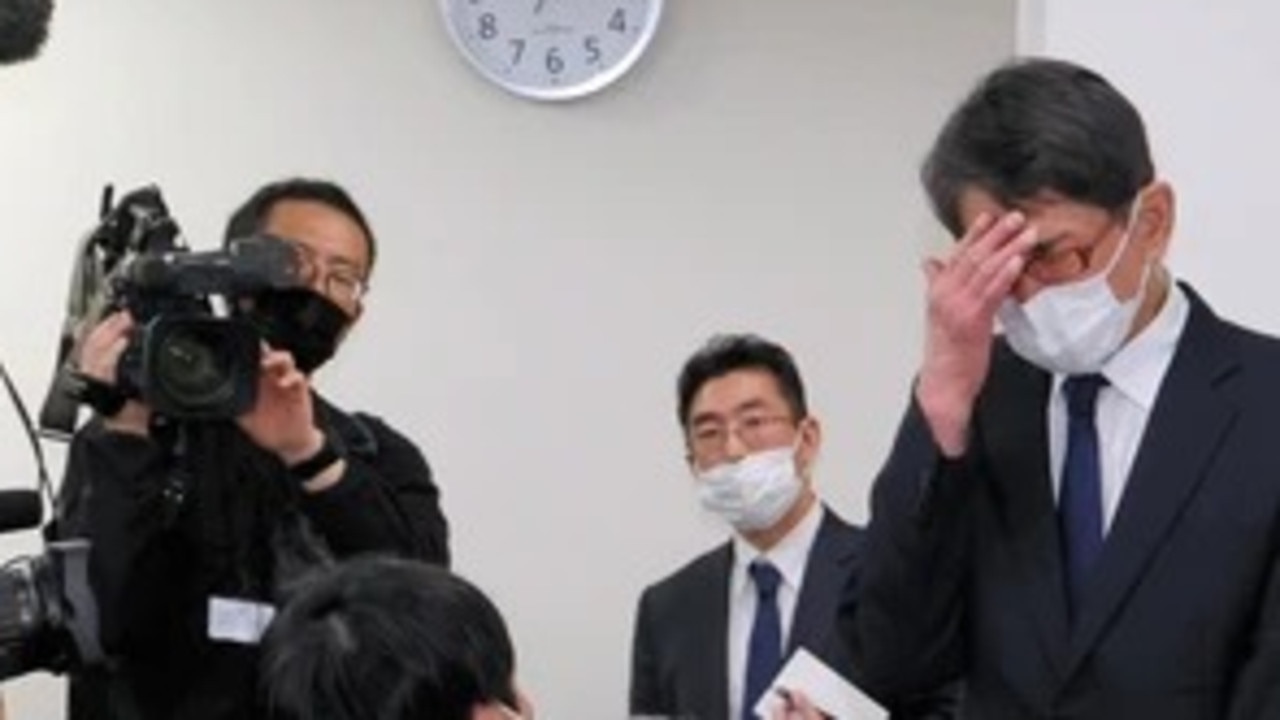A 70-year-old man has died of an apparent suicide in Japan after becoming aware authorities were investigating his upscale hotel for hygiene issues.
Police say Makoto Yamada took his own life after becoming aware of a criminal complaint filed by the local government of the southern prefecture of Fukuoka, according to Vice.
Authorities found that his inn, Daimaru Besso, changed the water of its communal bath only twice a year.
A November health inspection found that the water was filled with legionella bacteria — a potentially deadly germ — at 3,700 times the permitted level.
Yamada also admitted that he had instructed his staff to falsify bathwater chlorination records that were submitted to a public health office “because we selfishly disliked the smell of chlorine”.
Communal baths are popular in the country, which has a culture of using public bathhouses even as such facilities have dwindled in popularity in recent years.
Mr Yamada stepped down from his post as president of the business on March 2 after apologising profusely after the information came to light.
He claimed he didn’t know that local authorities required the water be changed weekly and explained that he had told his staff not to change the bathwater because so few people used it.
On Sunday, less than two weeks after his resignation from the 158-year-old inn,
Mr Yamada was found dead on a mountain road by a passer-by.
Japan’s relationship with suicide
Japan’s suicide rate is a serious concern with it being the leading cause of death in the country in men between the ages of 20-44 and women between the ages of 15-34.
Japanese men are twice as likely to commit suicide as their female counterparts, particularly after a divorce.
Of particular concern is suicide among men who have recently lost their jobs.
Significantly, Japan has a long tradition of “honourable suicide” based on the Samurai practice of committing “seppuku”, the honourable method of taking one’s own life practised by men of the samurai (military) class in feudal Japan.
More Coverage
Wataru Nishida, a psychologist at Tokyo’s Temple University told the BBC “Japan has no history of Christianity,” he says “so here suicide is not a sin. In fact, some look at it as a way of taking responsibility.”
.

